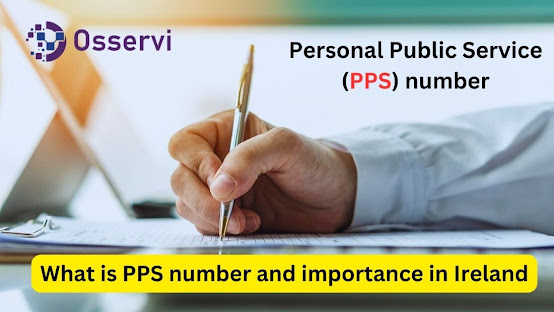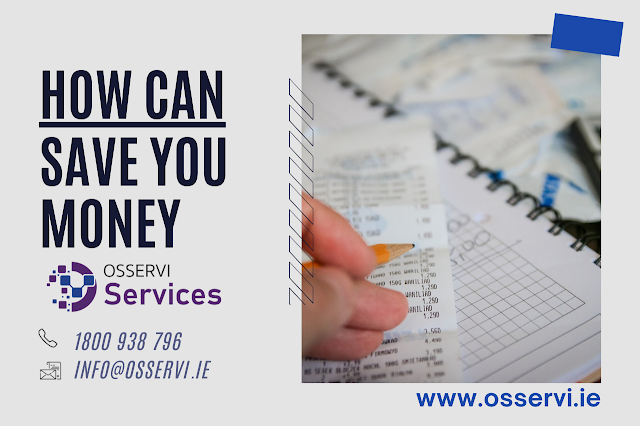Reliable Payroll Services Ireland for Smooth Salary Management

Payroll management??is a vital task for businesses in Ireland. It is including managing employee??salaries, withholdings, and compliance with labor laws. Errors in payroll processing can lead to penalties, disgruntled employees, and??financial problems. In order to avoid such issues, several firms depend on Payroll Services Ireland for??correct as well as effective payroll handling. Since there are many payroll services Ireland providing those services, selecting the??best provider is critical. In this??article, we will discuss the advantages of outsourcing payroll, what to look for while choosing a payroll service, and how businesses can enhance efficiency with the right payroll provider. Why Businesses Need Payroll Services Payroll management goes beyond paycheck??processing. Tax compliance, social insurance contributions, pension deductions,??and record-keeping all play a part in the process. In-house payroll provides??time and often errors. So it is why so ...






